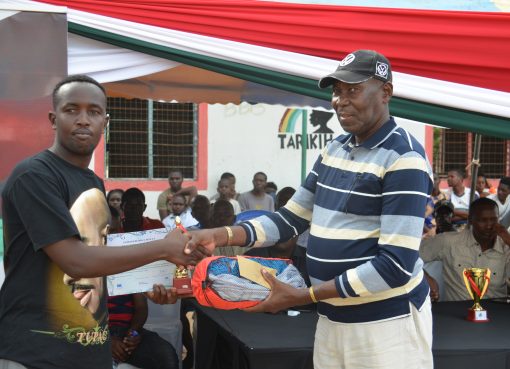Kenya is among the five East African Community (EAC) countries set to benefit from a 3.3 million USD financial support from the Japanese government on trade facilitation and border control capacity.
Burundi, Rwanda, Tanzania, Uganda and Kenya have been facing several obstacles to their supply chain security through threats of acts of terrorism and violent extremism, trade of small arms and light weapons and explosives, a challenge that has hampered economic development and integration in East Africa.
In a press statement to newsrooms on Wednesday, the Japanese Ambassador to Kenya, Amb. Ryoichi Horie said the Embassy of Japan in Kenya and the United Nations Office for Project Services (UNOPS) Kenya Multi country Project will on Friday November 1st, 2019 sign the East Africa technical assistance on trade facilitation and border control capacity in project.
He said the five countries requested Japan to provide them with technical assistance on trade facilitation and border control to enable the region promote economic growth and fight insecurities.
“Trafficking of illegal drugs such as heroin is a major challenge across these countries’ borders,” said Horie.
The envoy said the government of Japan has been supporting the One Stop Border Post projects since 2007 through the Japan International Cooperation Agency (JICA), and was confident that the project would counter international organized crimes, supply chain insecurity, the increasing global threats of terrorism at the EAC borders.
Amb. Horie at the same time noted that to complement the successful implementation of water and border surveillance systems by JICA, UNOPS would procure and install border control and surveillance equipment.
“These installation will enhance the capacities of customs department of revenue authorities in trade facilitation and supply chain security,” he added.
In his remarks, the Director of UNOPS Kenya Multi Country office, Rainer Frauenfeld said they were aware that there was lack of inspection and surveillance equipment at border control facilities.
“With the support and expertise of JICA, this project will pave the way for further enhancement for efficiency and effective border control,” said Frauenfeld, adding that the project would be implemented over 18 months.
By Bernadette Khaduli




